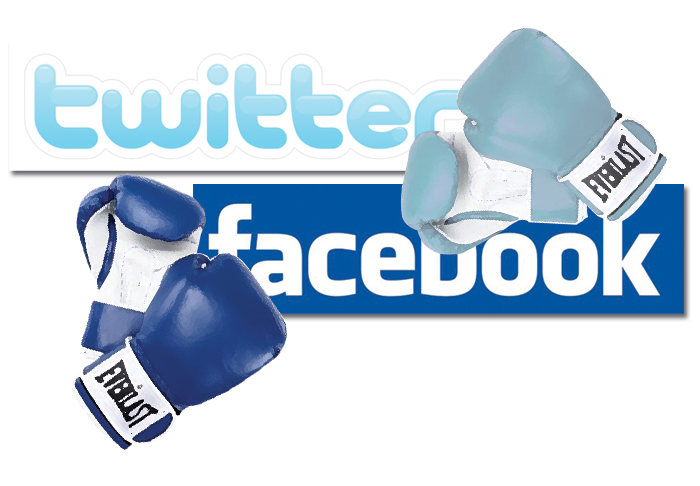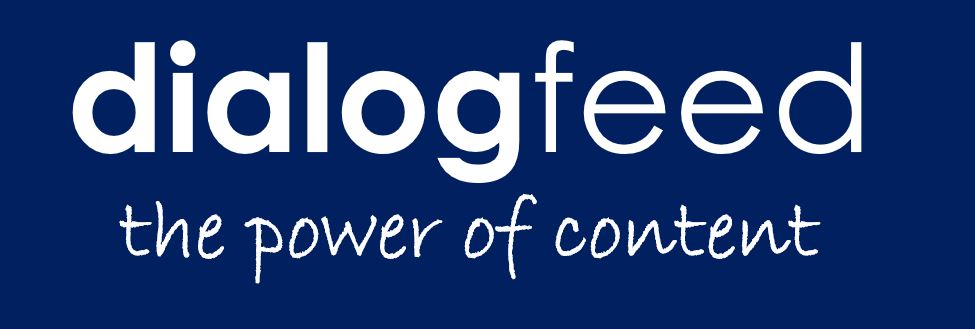(by Alexandre Vandermeersch, managing Director Dialogfeed)
Facebook is looking a little more like Twitter. Indeed, Facebook announced the arrival of hashtags – this is already the case for many of us. This is a significant step towards the business in real time.
Now, when you will click on a hashtag in Facebook, users will be able to see all public content related to that keyword. Of course you will be able to join the conversation via a public post, quoting this hashtag.
Concretely, what does this change allow?
– Search for a specific conversation (vs simple search term), follow a media event, a program, a personality,…just like on Twitter.
– Being able to see posts coming from other applications, that have been shared on Facebook (eg Instagram) – many people are ‘cross-posting’ on several networks, including Facebook – it will be easier to find them
– Being able to click on hashtags in comments or posts directly from the page hashtags, or status updates from friends or pages.
« Hashtags are only the first step to help people to easily find out what others are saying about a given topic and to participate to public conversations, » says Greg Lindley from Facebook.
For Facebook, it is a simple way to create more engagement & more monetization opportunities (sponsored hashtags, trends, posts, use of Facebook as a second screen, etc…)
What’s the point?
Thanks to this new feature, the statuses updates about general topic or revolving around ‘communities of interest’ not necessarily assembled in a group, the most interesting and outstanding posts will become viral without the help of friends. Not only your friends will see your posts and Facebook statuses but potentially tens of thousands of people.
Indeed, only a few persons pay attention to ‘public statuses’, you wrote on Facebook (yes, they were already available in Facebook but you had to use the search bar then filter by ‘Public statuses’). Thanks to hashtags, the visibility of these posts will undoubtedly increase significantly, as they can identify distinct conversations in the middle of the ‘buzz’ of all posts.
Will media seize it?
Of course. Media (especially broadcasters) have adopted Twitter for its conversational power. Facebook will enable to reach an even wider audience. Media will need to aggregate and select the most relevant content and republish some on all screens to show the community she’s valued. That challenge will be increasingly daunting.
And what about brands?
Undoubtedly good news. The arrival of hashtags could mean a revival of the ‘Social’ part of social media. The unique strength of Twitter is to generate conversations at scale, quickly, and relevant to media or brands, with virality. On the other hand, Facebook marketing is often summarized to a race to ‘fans’ and ‘like’, hard-pushed through sponsored posts, Facebook ads & silly contests (ie agencies focusing only on the ‘media’ part of Facebook).
Yet, I have always maintained that the value of social is to create, strengthen and amplify the ‘social currency’ that brand’s ambassadors are willing to create through a relevant conversation. Given the wider size of Facebook, it is obvious that adding the conversational dimension via the hashtag is a major asset for ‘conversational campaigns’, meaningful for the brand. Brands have then to amplify this content to the ‘passive majority’, greedy of this social content.
U.S. brands understood it, as shown by an Altimeter’s analysis during the last ‘Superbowl’ in February, brands have clearly favoured hashtags and destination URL at the expense of Facebook.
Since then, Facebook has responded (better late than never). Up to media, brands and consumers to respond to.





